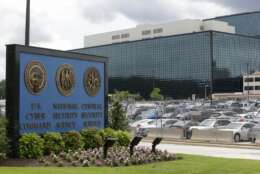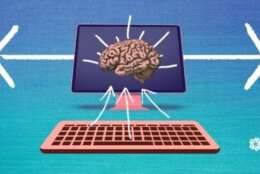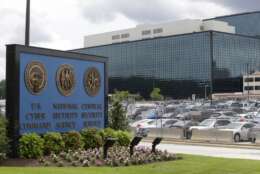Artificial Intelligence
-
The State Department tool cost about $400,000 to develop and is at least 97% as accurate as humans, according to an agency leader.
October 09, 2023 -
Defense and national security community officials, speaking Wednesday at the Institute for Critical Infrastructure Technology (ICIT)’s AI DC conference in Arlington, Virginia, said their agencies see AI as an essential way to maintain an information advantage against malicious actors.
October 04, 2023 -
The acquisition rules stem from recent cyber incidents like the SolarWinds breach.
October 04, 2023 -
For government leaders, a mindset shift towards being post-digital will create more strategic opportunities for better meeting the mission. Having ubiquitous and autonomous data doing all of the work on the back-end, it will be easier to create individualized and on-demand services for addressing any constituent need.
October 03, 2023 -
Modernization requires understanding the ultimate users’ needs and the challenges constituents have dealing with systems an agency might deploy. A principal challenge to modernization, according to Guidehouse partner Arijeet Roy, stems from the cost of maintaining and operating legacy systems.
September 29, 2023 -
The new center will focus on both setting security standards and ensuring U.S. advances in AI aren't stolen by foreign adversaries.
September 28, 2023 -
When evaluating the use of AI, the core issue for any operation is data collection, storage, use and regard to it's future implications.
September 26, 2023 -
It’s no secret that artificial intelligence has sent the federal government into a tailspin in recent months. Aside from countless hearings to discuss AI's benefits and dangers in the coming years, the most influential companies in the industry recently formed the Frontier Model Forum, designed to guide the ‘safe and responsible’ development of frontier AI models.
September 26, 2023 -
The TMF has been funding a lot of cybersecurity and customer experience projects. Will artificial intelligence be the next trend?
September 22, 2023 -
The initial awards, worth $238 million, went to the future operators of eight “hubs” DoD is establishing as part of its Microelectronics Commons program.
September 21, 2023 -
The National Artificial Intelligence Institute is developing an approach to bring uniformity across the Veterans Health Administration and its various regions and medical centers.
September 19, 2023 -
As investigations continue to evolve in complexity, having ethical standards will help to ensure the responsible development and use of evolving digital intelligence technology. Agencies and industry alike must recognize these standards are a moment for us to address growing civil threats and create a safer world.
September 15, 2023 -
DHS has a new AI policy, while Chief Information Officer Eric Hysen has been named as the department's first-ever "chief AI officer."
September 14, 2023 -
The new concept, "Red Ventures," will help the NSA coordinate both internal ideas and work with outside partners on technology innovation.
September 13, 2023 -
The Office of Management and Budget will release a draft memo on how agencies should manage and use artificial intelligence for public comment in the coming weeks.
September 13, 2023















